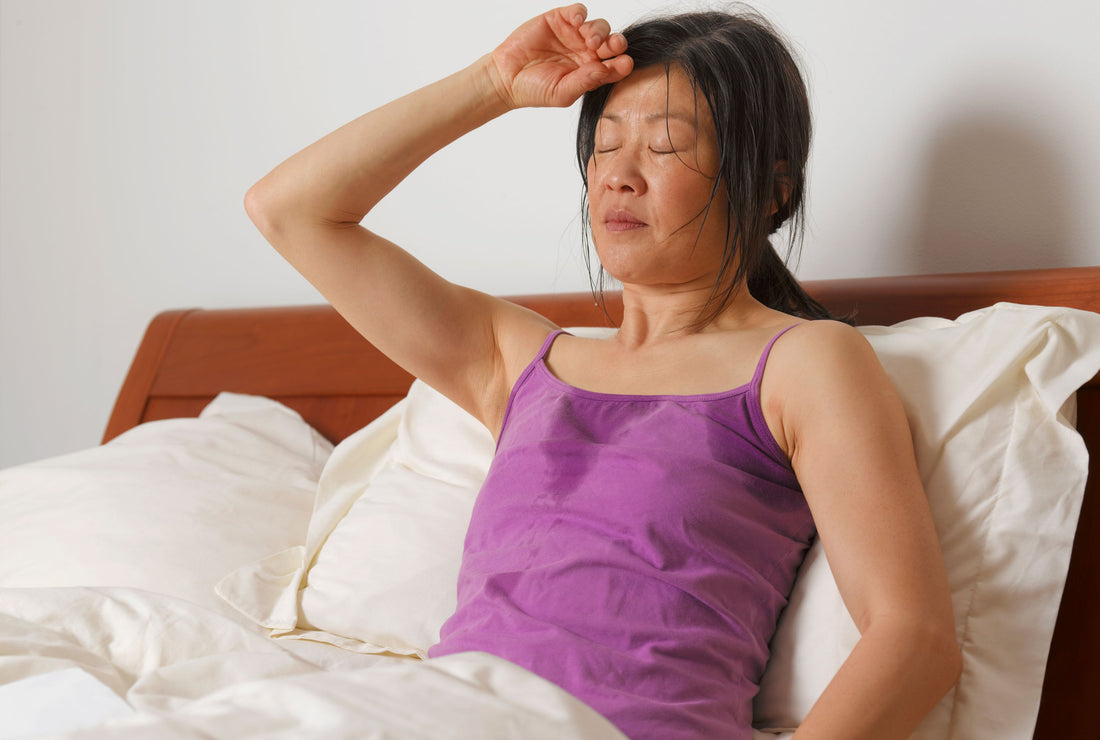
Perimenopause and Menopause Support
Share
Menopause is an inevitable process that is not commonly discussed! Many patients ask me about it in my practice. It can be confusing symptomatically, and even more mind boggling regarding what kind of supports are out there to help ease symptoms.
During menopause, the body transitions from creating an active form of Estrogen (estradiol) to a more inactive form called estrone. Since estrone is less active in the body, it has less of an effect on hormonally active tissue. In addition to common symptoms like hot flashes and insomnia, this hormonal transition can decrease skin tightness, invoke more dryness, and sometimes cause hair loss.
For some folks the symptoms can be unbearable – but for most, natural herbs and remedies can help ease them through this important life transition. Here are my recommendations for a smooth sail!
- Herbs - There are many powerful herbs that work to regulate hormones and ease the conversion from active to inactive estrogen. My favorites are Black Cohosh, Chaste Tree, Ashwagandha and Angelica. They can be taken independently, or combined in supplements like MenoChill by CanPrev or EstroMend by Douglas Labs.
- Support the Liver - This is extremely important as the liver processes and converts hormones. You will likely have milder symptoms if your Liver is functioning optimally. You can support the liver using a castor oil pack, taking milk thistle supplements, and reducing alcohol intake.
- Hormone Replacement Therapy (HRT) - Some patients with more severe symptoms choose to go on HRT, for good reason! HRT can help ease symptoms and is especially helpful in managing hot flashes. Typically, HRT is temporary – eventually, the body learns to regulate its own hormones without the assistance of HRT.
- Bioidentical Hormones - These are chemically more similar to your body’s natural hormones and have a lot of fans out there! They are considered to be the more “natural” form of HRT and are not made in a lab. Some research shows that exact dosing can be a bit more difficult with these vs HRT, but they are still a very high-value option.
Every person experiences menopause differently, so treatment varies from individual to individual. Typically, I recommend beginning treatment with herbs and natural remedies, and adding HRT if symptoms persist. Always consult a Naturopathic Doctor before self-diagnosing or self-prescribing a treatment plan. Wishing you a smooth and easy menopausal transition!
Be well,
Dr. Kate Hunter, ND